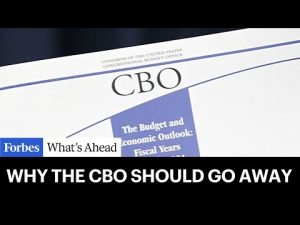In the latest chapter of Hollywood’s culture clash, a new scene from the “Sex and the City” sequel has sparked debate. The scene features Miranda, a character played by Cynthia Nixon, waking up alongside a nun character portrayed by Rosie O’Donnell. The interaction, meant to depict a groundbreaking moment for television, came across to many as forced and inauthentic, raising questions about the series’ creative direction and the broader entertainment industry’s ongoing obsession with progressive themes.
The critics of this scene argue that the writing lacks quality and ingenuity, relying too heavily on a checklist of culturally approved topics rather than genuine storytelling. This phenomenon isn’t isolated to “Sex and the City.” Across various forms of media, there’s a growing trend where elite circles echo a narrow ideological narrative without critically evaluating their content. This approach creates a bubble, where creators remain insulated from dissenting opinions, ultimately impacting the art’s authenticity and disconnecting from diverse audience perspectives.
Moreover, the handling of personal matters in the public eye has raised eyebrows. It underscores a peculiar aspect of today’s celebrity culture, where personal grievances and political battles intertwine in awkward ways, overshadowing substantial discourse. Public figures seem more eager to leverage sensationalism than to genuinely engage with complex dialogues, creating a distorted reflection of reality.
This instance also stirs broader reflections on the entertainment industry’s impact on political perception. The industry’s leading figures often represent a brand of ideological purity that alienates more moderate or conservative viewers. This alienation may contribute to the ongoing discontent some Americans feel towards the so-called “cultural elite,” exacerbating divisions and a lack of trust in mainstream messaging.
While entertainment should challenge societal norms and explore new frontiers, it should also consider the need for narrative authenticity and character depth. The reliance on shock value and rigid ideological portrayals can compromise storytelling, leaving audiences disconnected. As debates about media representation continue, the industry might need to recalibrate, emphasizing narrative innovation over formulaic progressivism and genuinely engaging a wider range of perspectives.







